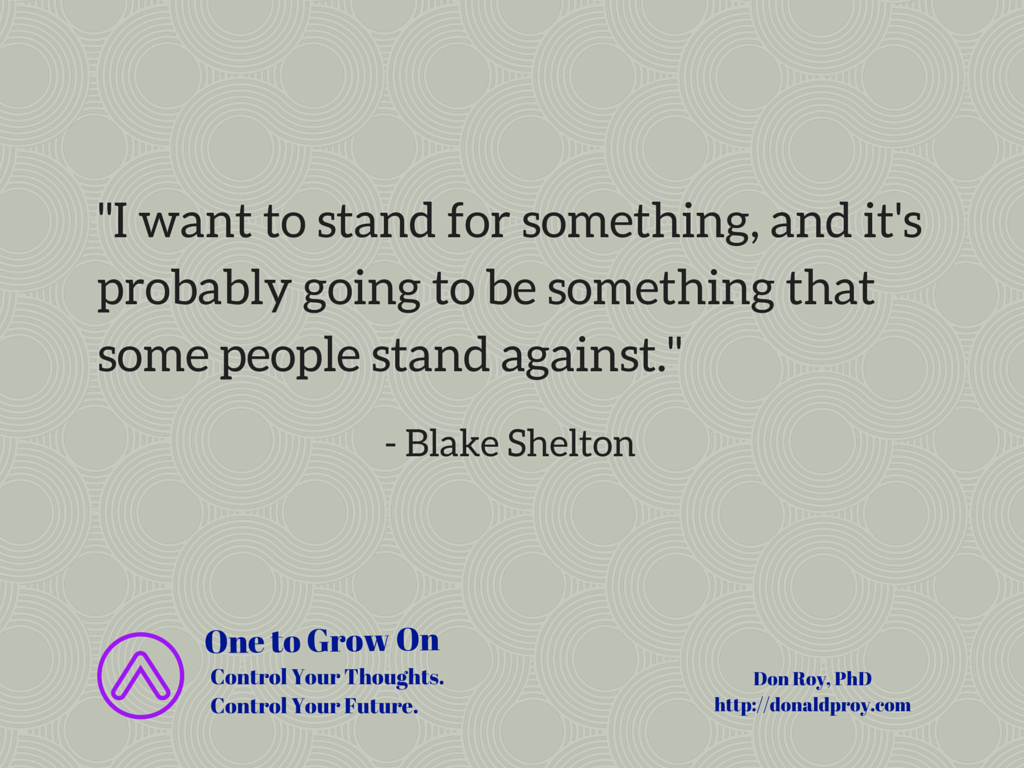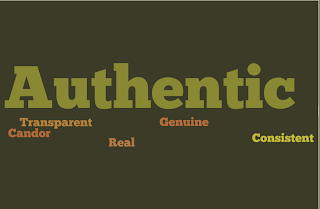Note: This post is the first in a new series that will post each Monday that focuses on one idea for personal growth for the week. I hope you enjoy and find useful.
We have witnessed to a monumental week in the United States. Decades of controversy about the Confederate flag reached a tipping point following a hate fueled shooting rampage at an African-American church in Charleston, South Carolina. And, the United States Supreme Court ruled that same-sex marriage is legal, a milestone for many couples who have sought equal treatment from their government. The summer of 2015 will be one that is remembered long after it gives way to fall.
Take a Stand
As the events of the past week unfolded around the country, I observed that many corporate brands and individuals who rely on their personal brand for their livelihood took a stance on these issues. Not surprisingly, stances taken were not universal, although many brands and people took public positions on no longer recognizing the Confederate flag as an historic symbol and in favor of granting same-sex couples the right to marry. What struck me about these public proclamations on sensitive social issues that it could be argued that it was unnecessary for brands and people to weigh in. After all, these issues may have nothing to do with their day-to-day business, right?
The corporate and personal brands that took a position on the Confederate flag and same-sex marriage should be lauded. They used their platform to speak up for what they believed was right, regardless of which side of the issues they took. Did they take a risk of turning off people and even losing customers or clients? Yes, they did, but they also resonated with customers and non-customers alike who share similar views.
Be You to be Authentic
The advice for growth this week is simple: Be you. Will your brand be universally embraced? Of course not- some people will think you are too liberal, or too conservative, or too irreverent, or too stuffy, or too something else. You cannot be all things to all people, and once that reality sinks in you can focus on being yourself. When it comes to your personal brand, don’t be concerned only about what is best for business. You must also focus on what is best for you, achieving authenticity through congruence between your personal values and values that guide your professional work. When you do that, chances are you will find opportunities to align with others who share your values and beliefs.


